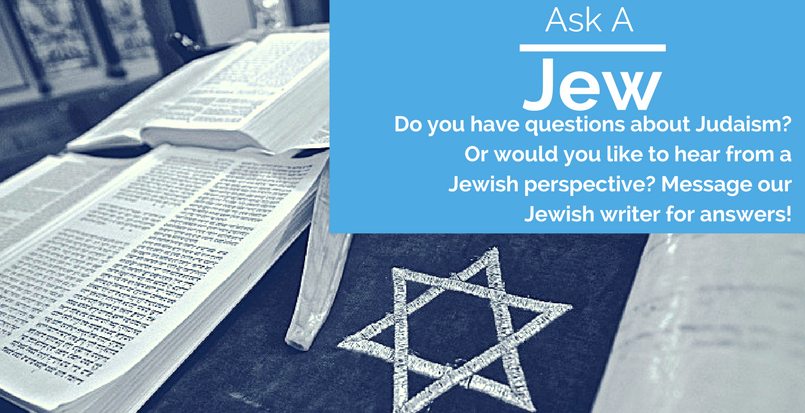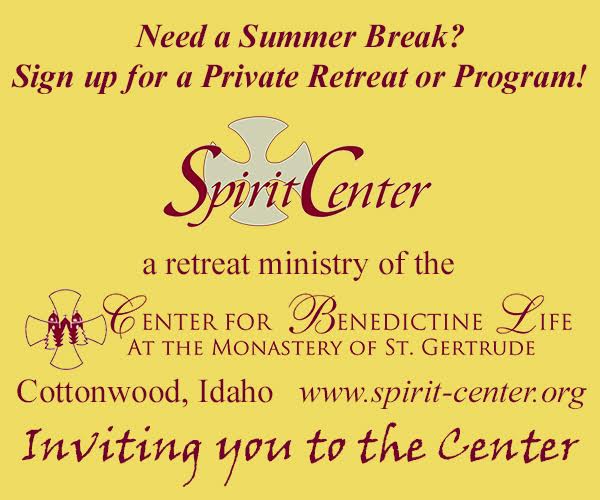Ask a Jew: What Is Rosh Hashanah and How Is It Celebrated?
Please consider donating to the FāVS Fund for Social Justice Reporting
What questions do you have about Judaism? Submit them online, or fill out the form below.
Commentary by Hyphen Parent | FāVS News
What exactly is Rosh Hashanah and how is it celebrated or observed?
Rosh Hashanah is the Jewish New Year. It translates to “Head of the year.”
Rosh Hashanah and the whole month leading up to it marks the beginning of the High Holiday season where we focus on evaluating the year prior and making changes for the upcoming one. We do this through internal and external acts of prayer (tefilla), repentance (teshuva) and charity (tzedaka). High Holiday liturgy (including Rosh Hashanah) focuses heavily on these themes.
During the month of Elul, in the days leading up to Rosh Hashanah, we’re expected to be introspective about our own behavior. Teshuva isn’t just done privately. We have to actively reach out to others to apologize and make amends. We reach out to attempt to ask for forgiveness. We donate to charity. We say extra prayers.
The shofar (a trumpet made from a ram’s horn) is played almost every day of Elul. There are believed to be a number of explanations for this. They range from biblical references, a call to prayer, a call to the soul to remind us to do better and to make necessary changes and others.
For traditional observant Jews, most of the usual Shabbat restrictions are followed. While there are long lists of specific things we do or refrain from, in simple terms, we won’t create or destroy. The shofar isn’t played on Shabbat. Often Reform and Reconstructionist communities don’t have the same restrictions. Although they generally will also not play the shofar on Shabbat.
When does Rosh Hashanah begin?
Rosh Hashanah begins at sundown. Typically, we go to synagogue services that evening. In traditional communities, it lasts for two full days. Among Reform and Reconstructionist communities, it often lasts one day. During that time, we spend hours in services. We read specific Torah portions. There are many prayers recited, songs are sung by the cantor and congregation, and actions are done to symbolize teshuva, tefilla, and tezdaka. Synagogues are often at their absolute fullest during high holidays. In some communities, there are various offshoot programs where kids break away and attend separate services geared more towards them and then rejoin their parents for main services.
Depending on the community, there are often various services throughout the day and then evening services. Then we come back and do it all again the next morning following a similar schedule. Some Jews will have people over for lunch for a chance to relax in between services. Some will simply go home and rest.
What is the Tashlich service?
There is often a tashlich service. This can be organized as a group or done with individuals or families. It’s often done on the first day of Rosh Hashanah as long as that doesn’t fall on Shabbat. Although it can be done any time before Yom Kippur.
Tashlich is where we throw away breadcrumbs into a body of water to symbolize tossing away our sins. It’s a physical act to make us focus on the emotional and spiritual side. We go to a body of water with something, usually bread or bread crumbs. We say prayers and shake off our clothing, dumping the breadcrumbs into the water. This is typically very popular with children, although it can lead to complex spiritual questions.
Let’s say your child in a stroller tossed a scrap of bread, but it landed nowhere near the water. Where exactly can the bread fall and still count? Does it count if we toss the bread into the water, but before it ever gets wet, a duck jumps up and eats it? What’s the protocol when your little sister dumps the entire bag of bread for the seagulls before any of you even get near the water? If your little brother eats nearly all the tashlich bread when no one was looking before prayers even began, are the tiny crumbs left at the bottom of the bag enough?
What foods are eaten on Rosh Hashanah?
Rosh Hashanah food goes well beyond breadcrumbs. There are many symbolic foods eaten on and around the day, although this can vary in different communities.
Apples and honey are the most common, particularly on the first day. They symbolize a sweet year.
Round foods are common to symbolize the cycle of the year. Challahs are often baked in a circle shape for Rosh Hashanah. Honey cakes are frequently found on a Rosh Hashanah table. Pomegranates are a very famous Rosh Hashanah symbol. They’re round, they’re “new fruits” (traditionally we eat a new fruit — one we haven’t eaten in a while, on the second day), and the stories say they have 613 seeds — that’s the same number of mitzvot.
Sephardic and Mizrahi Jews are more likely to have a Rosh Hashanah seder of sorts with a variety of food all to symbolize various things for the new year. Since Jews from places like Spain, Italy, Portugal and the Middle East had very different growing climates and available foods than those in places like Germany and Poland, the foods tend to be a bit different.
Exact observance varies in different communities, but traditionally, Rosh Hashanah, the start of the year, is observed and celebrated through prayers (individually and in groups), acts of charity and focusing on what we want to change about ourselves and taking steps to make those happen. It’s a chance to begin anew. It’s also an excellent excuse for visits to the duck pond, eating some delicious meals and spending time with family.
For Further Reading
- Shofar during Elul
- How to Celebrate Rosh Hashanah
- Rosh Hashanah Foods
- More on Tashlich
- The Joys of a Mizrahi Rosh Hashanah Seder
- Sephardic Rosh Hashanah Recipes
Ask a Jew
What questions do you have about Judaism? Fill out the form below and our writer will get back to you by writing a column in response.








Thanks for writing this so I can share with my friends who are not Jewish.
Thank you for this great article. I am always looking for informative and well-written pieces on Jewish tradition. I appreciate you sharing this, and I will bookmark your articles for future reference and shares.